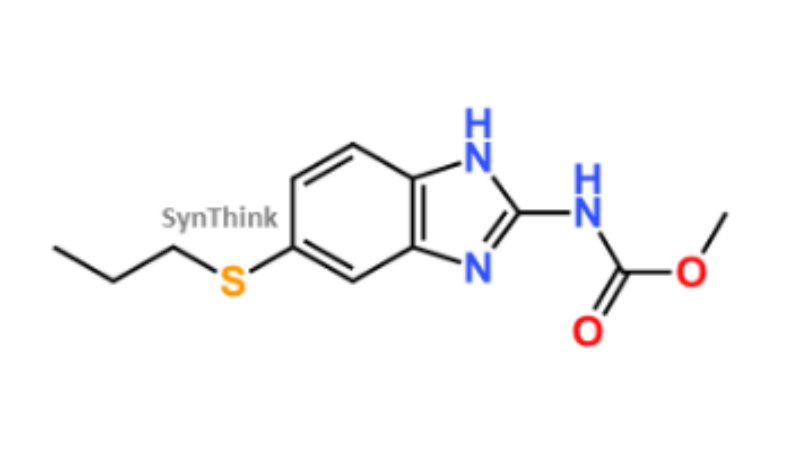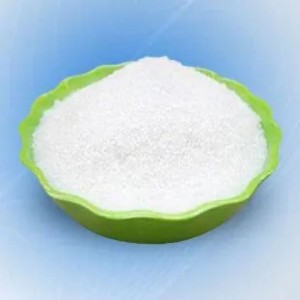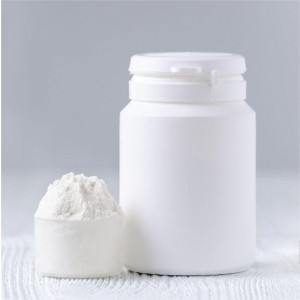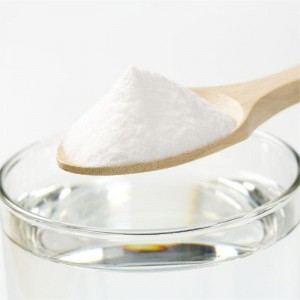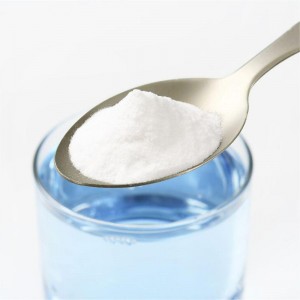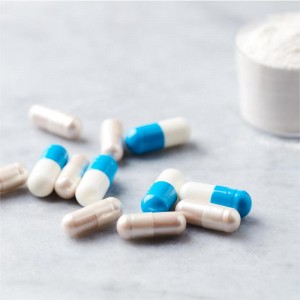Albendazole Cas number: 54965-21-8 Molecular Formula: C12H15N3O2S
2-METHOXYCARBONYLAMINO-5-PROPYLTHIO-1H-BENZIMIDAZOLE
(5-PROPYLSULFANYL-1H-BENZOIMIDAZOL-2-YL)-CARBAMIC ACID METHYL ESTER
[5-(PROPYLTHIO)-1H-BENZIMIDAZOL-2-YL]CARBAMIC ACID, METHYL ESTER
[5-(PROPYLTHIO)BENZIMIDAZOL-2-YL]CARBAMIC ACID METHYL ESTER
AKOS NCG1-0064
ALBAZINE
ALBEN
ALBENDAZOLE
ALBENZA
ESKAZOLE
LABOTEST-BB LT00012679
METHYL 5-(PROPYLTHIO)-2-BENZIMIDAZOLECARBAMATE
METHYL [5-(PROPYLTHIO)BENZIMIDAZOL-2-YL]CARBAMATE
PROFTRIL
SKF-62979
VALBAZEN
VALBAZENE
ZEBEN
ZENTAL
ZENTEL
| Melting Point | 210°C |
| Density | 1.2561 |
| storage temp | Inert atmosphere,Room Temperature 0-6°C |
| solubility | Practically insoluble in water, freely soluble in anhydrous formic acid, very slightly soluble in methylene chloride, practically insoluble in ethanol (96 per cent). |
| optical activity | N/A |
| Appearance | White |
| Purity | ≥99% |
Albendazole (SKF-62979) is an orally active and broad-spectrum parasiticide with high effectiveness and low host toxicity, is used for the research of gastrointestinal parasites in humans and animals. Albendazole induces apoptosis and autophagy in cancer cells. Albendazole also inhibits tubulin polymerization and HIF-1α, VEGF expression, has antioxidant activity, and inhibits the glycolytic process in cancer cells
Albendazole is a drug used to treat infections caused by parasites. It can be given to treat a rare brain infection (neurocysticercosis) or it can be given to treat a parasitic infection that causes important diarrhea (microsporidiosis).
